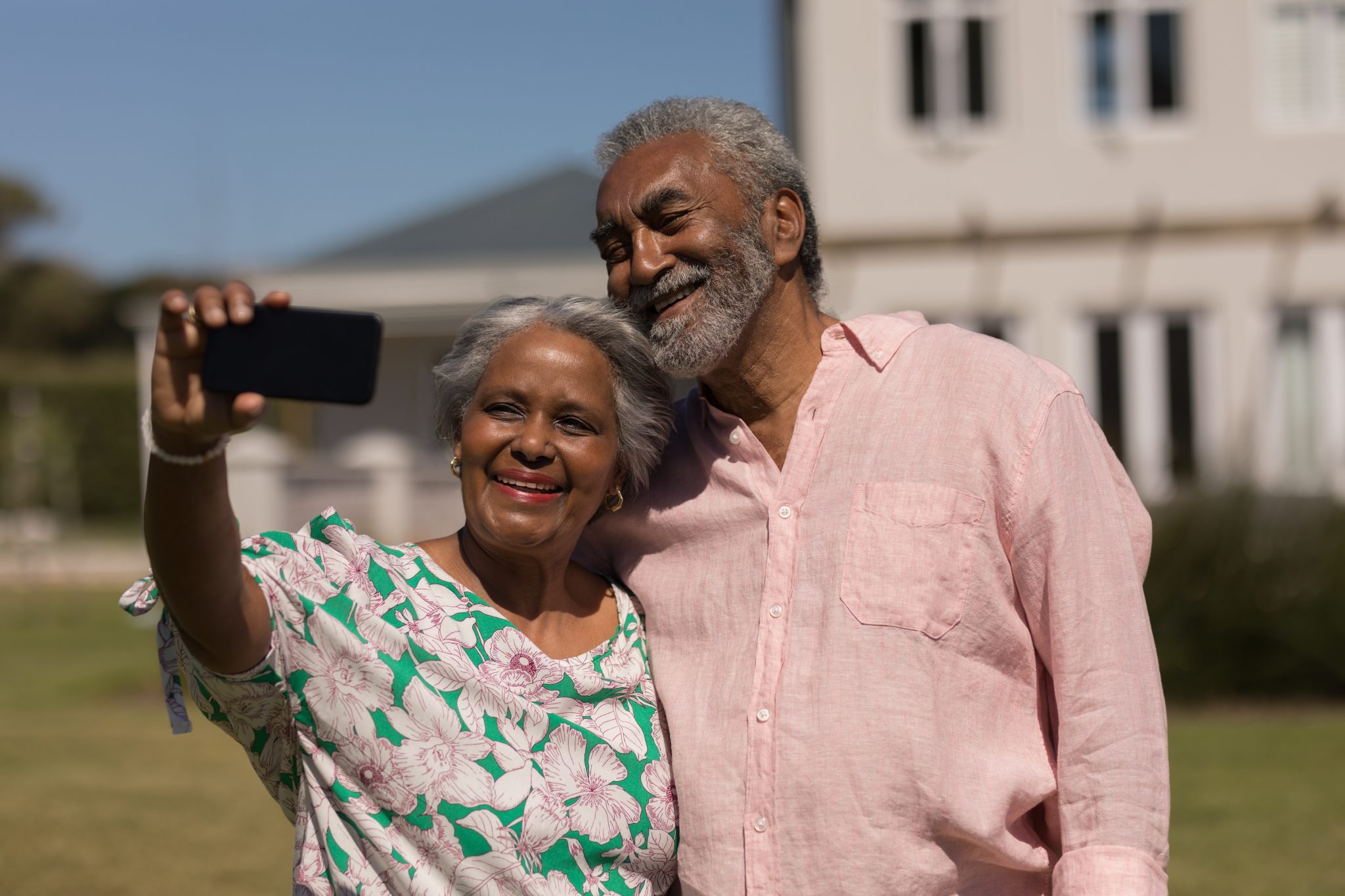Home & Family

The older population increases as people live longer and baby boomers enter their 60s, 70s, 80s, and beyond. Baby boomers are those individuals born from 1946 to 1964. By 2034, for the first time in United States history, older adults will outnumber 18-year-olds. Therefore, as with other things in life, planning is essential for successful and healthy aging.
What is healthy aging?
Healthy aging is more than just eating healthy. It refers to all aspects of life. These include the following:
- Being able to do what you value for as long as possible
- Anticipating and acknowledging age-related changes and challenges
- Finding ways to cope with or adapt to age-related challenges and physical and mental changes to maintain your health as you age
- Being proactive
Because people age differently, it’s important that individuals improve their quality of life by consciously planning for aging. In other words, do as much as possible to make your life more productive and meaningful.
According to the United States Department of Health and Human Services, healthy aging involves the following areas:
Adopting Healthy Habits and Behaviors
- Stay active
- Make lifestyle changes
- Reduce or prevent your chances of falling
Using Preventive Services
- Use Medicare preventive services (SilverSneakers, respite care, assistance with home care, transportation, etc.)
- Use the eldercare locator (for seniors and caregivers) and/or the Benefits Checkup (for older adults and people with disabilities) by the National Council on Aging
Managing Health Conditions
- Get a good understanding of your health condition(s)
- Make lifestyle changes as recommended by your physician
Staying Involved in Your Community
- Volunteer
- Utilize senior centers
- Participate in family and community activities
Understanding All Your Medications
- Learn about the drugs you take (know why you take them, the best way to take them, and their side effects)
- Get information from valid or reliable sources, such as doctors, nurses, pharmacists, or other healthcare professionals
Stressors and Challenges
Similarly, as you age, be able to identify or anticipate age-related stressors and challenges. Age-related stressors are those things specific to growing older that cause stress.
Common Age-Related Stressors
| Loss due to death, relationships, etc. | Increasing frailty |
| Limited functions | Social discrimination |
| Limited access to resources | Lack of social support |
| Memory loss | Loss of independence |
| Chronic diseases | Managing medication |
| Loneliness | Transportation |
| Fear |
Because age-related stressors impact the quality of your life, you must not only anticipate age-related stressors to happen but learn ways to cope with or adapt to them. Start looking for ways to reduce or eliminate specific stressors or challenges as they occur. This is called corrective behavior. For example, consider purchasing lightweight cookware if you have problems with your hands and wrists. Making this kind of decision is being proactive. Being proactive requires reacting to common challenges before they happen and setting clear goals about how you can respond to current or anticipated age-related stressors.
Summary
Be proactive about aging. Think about age-related stressors or challenges before they happen. Think about what you can do now to deal with the challenges and stressors that presently exist and stressors or challenges that may occur in the future. The key is not to wait until age-related stressors happen but to plan for aging, adopt healthy habits, use preventive and corrective behaviors, maintain a positive and optimistic attitude, and sustain activities and relationships that are important to you.
Visit the Alabama Cooperative Extension System’s webpage for older adults for more resources on aging.

